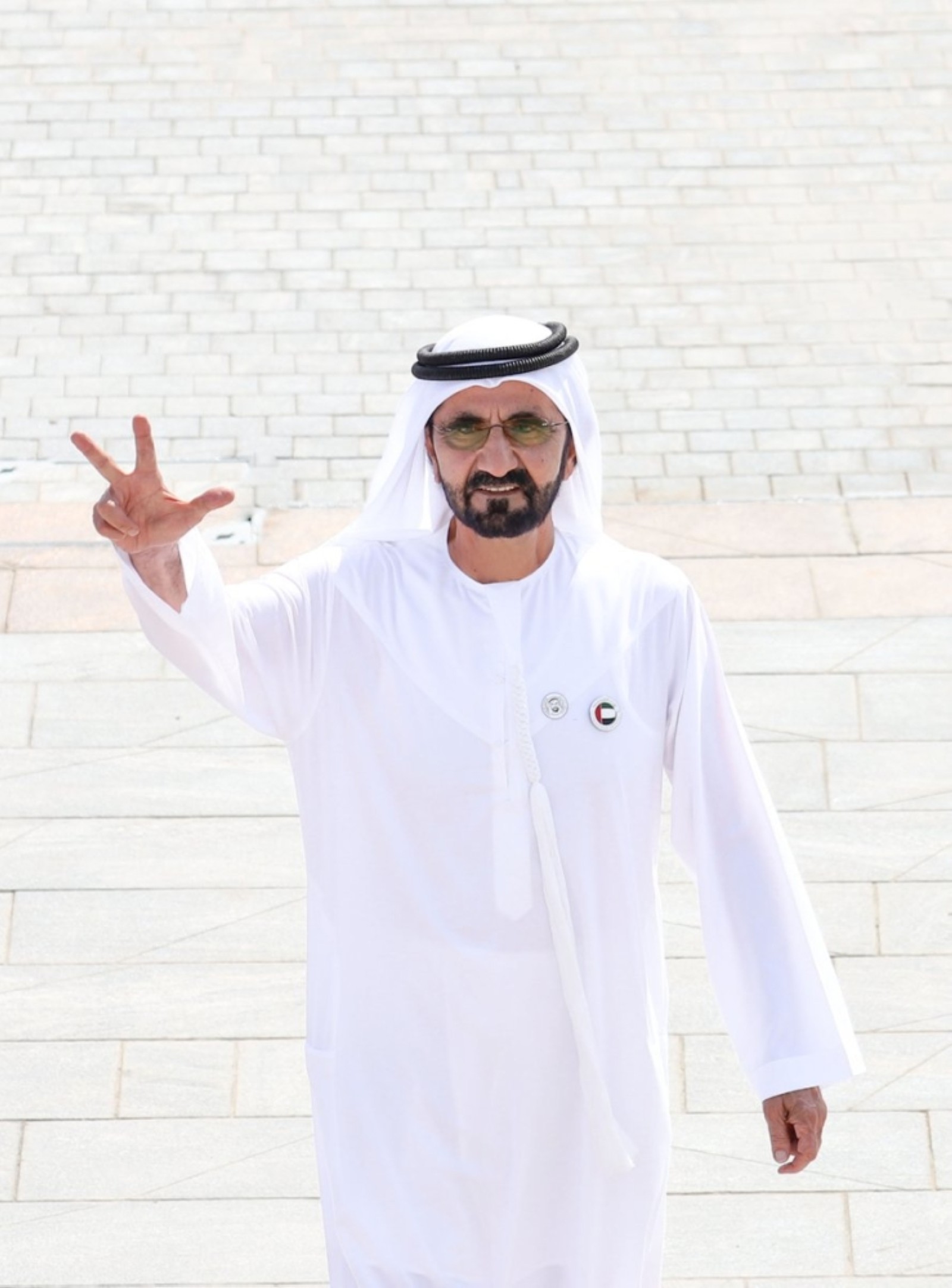
Sheikh Mohammed Emphasizes Commitment to Public Service Following Mystery Shopper Report
In a significant demonstration of his unwavering commitment to public service, His Highness Sheikh Mohammed Bin Rashid Al Maktoum, Vice President and Prime Minister of the United Arab Emirates (UAE) and Ruler of Dubai, has recently shared a comprehensive report compiled by the mystery shopper team evaluating various government departments in Dubai. This initiative seeks to enhance the quality of service provided by governmental institutions and reflects Sheikh Mohammed’s dedication to ensuring that public officials are accessible and responsive to the needs of the community.
The report, which has attracted considerable media attention, highlighted instances of bureaucratic overreach, particularly involving three directors of major government institutions. These officials reportedly commissioned extensive office spaces for themselves, complete with security measures, to restrict access from the public. They defended their actions by asserting that the government’s digital transformation eliminated the need for in-person communication, suggesting that web platforms should suffice to address citizen concerns.
Sheikh Mohammed’s response to these findings was clear and forthright. He underscored the fundamental principle that the success of the government is predicated on serving the populace and facilitating their interactions with civil institutions. In his remarks, he emphasized, “The secret of our success lies in serving people, easing their lives, and maintaining constant communication with them. These principles have been the bedrock of our governance, and anyone who believes that they have shifted will find that they will be reinstated.”
Importantly, Sheikh Mohammed acknowledged the exemplary service of Lieutenant General Mohammed Al Marri, Director General of the General Directorate of Residency and Foreigners Affairs in Dubai. He praised Al Marri for his commendable approach to public service, which includes an open-door policy that welcomes visitors and addresses urgent humanitarian cases. This approach stands in stark contrast to the practices highlighted in the report and serves as a model for other departments.
This incident serves as a poignant reminder of the significance of transparency and accessibility in governance. As Dubai positions itself as a global hub for trade, tourism, and innovation, the expectations for efficient and responsive government services have never been higher. Sheikh Mohammed’s insistence on maintaining an “open doors” policy epitomizes the ethos of service-oriented leadership, which he has championed throughout his tenure.
Moreover, Sheikh Mohammed’s commitment to governmental reform is not merely rhetorical; it reflects a broader vision for the UAE’s future—a future where technology complements human interaction rather than replacing it. In an era marked by digital advancements and smart government initiatives, the challenge remains to ensure that these technologies serve to enhance rather than inhibit the relationship between citizens and their elected officials.
In his communications via the X platform, Sheikh Mohammed articulated, “Over 30 years of government development, we have established a culture of open doors for people, or rather, a culture of no doors before people.” He reaffirmed that Dubai’s esteemed global reputation has been cultivated through efficient services and a work environment that prioritizes citizen well-being.
The repercussions of the mystery shopper team’s report extend beyond immediate administrative adjustments; they signify a call to action for a cultural shift within public services. There is an urgent need within Dubai’s government to foster an environment where officials are not only leaders in their fields but also champions of the communities they serve. The existential relationship between government and citizen must prioritize dialogue, transparency, and responsiveness.
In conclusion, Sheikh Mohammed Bin Rashid Al Maktoum’s proactive stance encapsulates a vision for a government that is accountable and deeply connected to its citizens. As Dubai continues to navigate its ambitious developmental agenda, the lessons learned from this situation could serve as guiding principles for other administrative bodies across the region, reinforcing the notion that the true measure of a government’s success lies in its ability to serve and uplift its people.
Tags: #BusinessNews, #EconomyNews, #UAE, #CommunitiesNews

